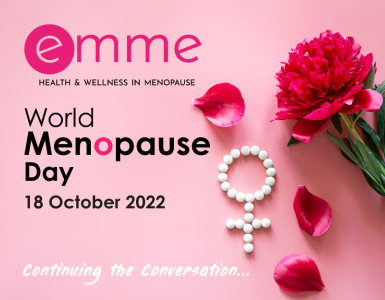With the news a constant barrage of depressing figures and frightening statistics, we’re all in need of a good news story for a change
News doesn’t come much better than a story of positivity surrounding a possible weapon doctors can add to their armoury when treating patients suffering the effects of Covid-19.
A recent randomised, placebo controlled trial (which means, in scientific terms, that it’s a trial to be taken seriously) has shown that a simple, every day vitamin supplement could help to prevent hospital deaths from Covid-19 infections by as much as 80%.
The study was carried out on patients in hospital in Wuhan in China, who were on mechanical ventilators
These critically ill patients were given high doses of vitamin C intravenously – 12g of vitamin C per 50ml water every 12 hours for seven days. Another group of patients, also seriously ill on mechanical ventilators, were given sterile water.
Incredibly, the study reported 80% fewer deaths in those that were given the high doses of vitamin C
Vitamin C is well known as a vitamin that helps to support a healthy immune system. This is down to its antioxidant and anti-inflammatory properties. Many of us take it in supplement form each day to help to protect us from cold and flu viruses. The maximum dose recommended for us taking vitamin C at home is 1000mg. So when compared to the trial patients who were given 24g (or 24,000mg) each day, we can see how much more doctors were using in a hospital environment.
The study was overseen by various doctors. Zhiyong Peng, Professor and Chair of Critical Care Medicine from the Zhongnan Hospital in Wuhan says that they began this study because they knew that vitamin C had proved effective against other types of acute lung injury and a condition called ARDS, or acute respiratory distress syndrome.
“At the start of the coronavirus pandemic in Wuhan we treated critically ill Covid-19 patients with intravenous (high doses of) vitamin C as part of a pilot-RCT at the Zhongnan Hospital of Wuhan University.”
The study found that in the vitamin C group, six of the 27 patients sadly died (a rate of 22%) and in the placebo group, 11 of the 29 patients passed away (a rate of 52%)
Having such small numbers in a trial means that the difference between the two groups isn’t considered statistically significant. But Professor Peng says, “in the most critically ill the difference in hospital mortality at 28 days was even bigger with 80% less mortality in the vitamin C group, which was statistically significant”.
The study also found that those in the vitamin C treatment group “had a steady improvement in lung function, and a decrease in inflammation, while lung function got worse in the placebo group”.
From the start of the outbreak of Covid-19 in Wuhan, the authorities imposed a strict lockdown and made use of an effective track and trace system. Vitamin C was also given to all patients in hospital and to all hospital workers. In fact, 50 million 1g doses of vitamin C have been given out, equalling 50 tonnes of vitamin C.
It’s this, thinks Professor Peng that has helped to keep critically ill patients in Wuhan to a minimum. So much so, that the trial didn’t have enough critically ill patients for a significant trial.
Patrick Holford, from Vitamin C4 Covid has been in following the trial from its beginnings and has been in touch with all the doctors involved on a regular basis
Vitamin C4Covid has the backing of more than 500 doctors internationally and is calling for governments and public health agencies to look at the evidence of studies such as this and to fund further studies.
Let’s hope that in time, something as simple and cheap as vitamin C could well be an effective treatment against this dreadful virus.
















